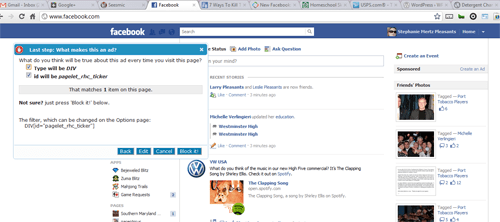Build a Website Disaster Recovery Plan
Website disasters can be devastating, but being prepared for them can make all the difference. When your website breaks, gets hacked or stops functioning, it’s important to have a recovery plan in place. While things can still go wrong, having a website disaster recovery plan can greatly increase your chances of saving your website. In this blog, we will discuss the steps you need to take to create a website recovery process and ensure you’re prepared for any unforeseen disasters.
Backups
To ensure the safety of your website, it is recommended that you keep a backup, just like writers keep copies of their manuscripts in case of accidents. To skip or leave this step to chance is not an option. If your current website is lost and you don’t have a backup, you may be faced with the task of rebuilding it entirely. Storing secure backups of your website externally to your hosting platform is crucial. Don’t just stop at one. For redundancy purposes, it is recommended to have 2-3 backups of your website stored in different locations.
Maintenance
Regularly maintaining your website greatly improves the chances of detecting and resolving issues before they become more serious. To ensure the website’s security, it is important to have someone responsible for maintaining and performing security updates. Carrying out these tasks on a regular basis is essential. (My Website Care Plans allow you to pass this responsibility off!) Before any updates, it is important to take a backup of your website.
Content Updates
Typically, the content on your website will be updated on a semi-frequent basis, although this can vary depending on the type of website you have. To ensure a smooth process, have a plan in place for any content updates to be performed after a backup. A second set of eyes is helpful to ensure the content appears correctly on the front-end. This can be helpful in stopping any embarrassing typos.
Uptime Monitoring
It is impossible to sit and watch over your website 24/7 unless you have nothing else to do. However, you can set up monitoring for your website so that you can check to ensure that it’s online and working correctly. There are several monitoring services available. All websites on my Care Plans are monitored and I am alerted of any downtime.
Contact Details
Don’t forget to make a note of the contact details for any companies involved in hosting or managing your website. At a minimum, you’ll want to note your hosting company, domain provider, and email provider, for example. Having these details readily available can assist you in responding to a disaster more effectively.
In today’s digital age, having a website disaster recovery plan is not just a luxury, it’s a necessity. We live in a world where one small glitch or unexpected event can bring your website crashing down. And let’s face it, that’s the last thing you need when you’re trying to run a successful business.
With the right precautions in place, you can protect yourself from the chaos and stress that comes with website disasters.
My Website Care Plans offer all of this and more. I understand the importance of keeping your website up and running smoothly, so you can focus on what you do best – running your business. No more sleepless nights worrying about the what-ifs. With my care plans, you can rest easy knowing that your website is in good hands.
So don’t wait until disaster strikes. Take action now and invest in a website disaster recovery plan that will safeguard your online presence.






